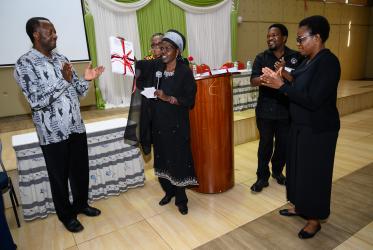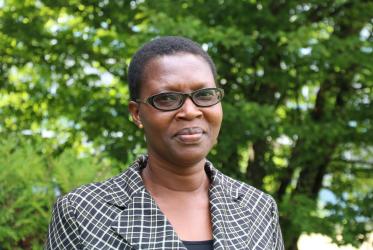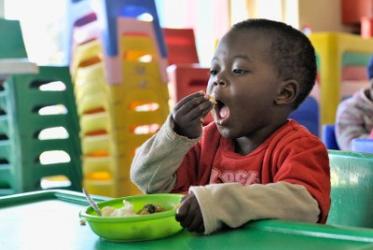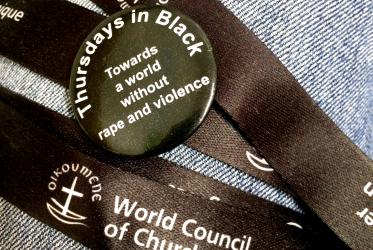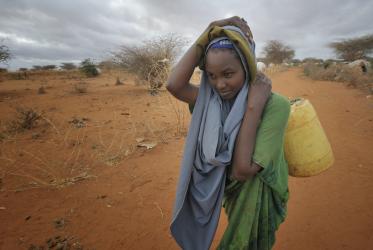Displaying 1 - 20 of 24
Faith and HIV treatment go hand in hand
06 March 2019
Worrying food shortages compel faith action
19 October 2018
Konrad Raiser shares ecumenical journey of transformation
06 February 2018
A communicator on the move
10 July 2017
UN discussion focuses on women, HIV and property rights
21 March 2017



